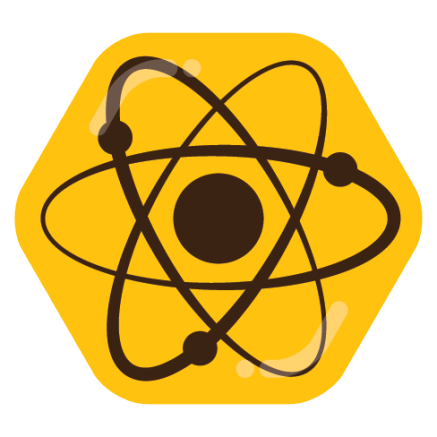

I train primarily for powerlifting, secondarily for hypertrophy. At a high level, that means my workouts are organized such that each day focuses on one of the three main powerlifts (squat, bench, deadlift), plus accessory exercises to address weak points.
You might enjoy something similar if
- You like seeing numbers go up or big numbers in general
- Don’t like being sore after workouts
- Enjoy simple workouts
Join us at !https://lemmy.world/c/fitness if you have further questions
Do you know any exercises that are rare? Or ones that seem special to your locality?
That’s kind of an odd question. I’m not sure what kind of answer you’re looking for. People choose exercises based on goal, the available equipment, and ability to perform the exercise. So I’ve never seen anyone do a belt squat in person because I’ve never been to a gym with belt squat equipment. I don’t see many people do front levers because few are able to do them.
How do you meet your protein or calorie goals? How do you track it? Especially food that is local to your place.
If you have a particular problem with meeting your macronutrient goals, then that might be a more concrete question to pose. I feel like this is a bit too individual to give you anything useful. Tracking, I do with Macrofactor. It’s a paid app.












Isn’t that already how it works? Currently, US citizens still have to pay taxes when living outside the country unless they’re paying taxes to a specific set of other countries. Although consequences are on the individual who fails to pay and not their country of residence.